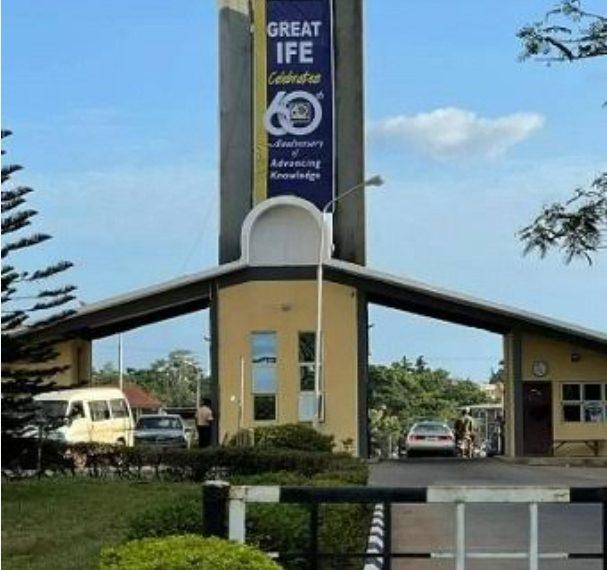More than 50 lecturers across Nigerian public universities have been caught up with sex for grade scandal between April 2021 and April 2025. According to report, some of the accused lecturers, including professors, have been dismissed, while others are currently facing disciplinary panels.
Also, a survey by World Bank Group women shows that 70 percent of female graduates in Nigeria have experienced sexual harassment. The 2018 survey shows that female students suffer sexual harassment commonly by classmates and lecturers.
The cases extend across universities and polytechnics nationwide, highlighting the widespread occurrence of sexual misconduct in Nigeria’s education system.
Recently, the governing council of Abubakar Tafawa Balewa University dismissed a senior lecturer over allegations of sexually harassing a student.
Usman Aliyu harassed Kamila Aliyu, a married postgraduate student on April 24, 2025. According to report, the victim petitioned the school in 2024, accusing the senior lecturer of coercion and threatening her academic progress.
A similar occurrence happened at the Lagos State University of Science and Technology on April 14, 2025. The University dismissed three lecturers namely, Nurudeen Hassan, Kareem Arigbabu and Olayinka Uthman over sexual harassment.
Also, in April 2024, police arrested a suspended lecturer, Mfonobong Udoudom, after a video of him harassing a female student surfaced online. In 2021, Obafemi Awolowo University dismissed three lecturers from the Department of English, International Relations and Accounting for sexual misconduct.
Similarly, the federal university, Oye Ekiti suspended a lecturer in the Department of Theater Arts for a similar offense. Also, in the same month, the University of Lagos dismissed two lecturers over sexual misconduct in the school.
Digital anonymous system needed to combat sex for grade scandals- Kogi polytechnic lecturer
A lecturer at Kogi State Polytechnic, Onoja Baba has suggested a way to curb sex for grade issues. The lecturer, in the Department of Mass Communication advocates for a digital anonymous feedback system to enable safe reporting of cases.
According to him, victims will feel isolated if there are no trusted and effective channels to address the reported cases.









